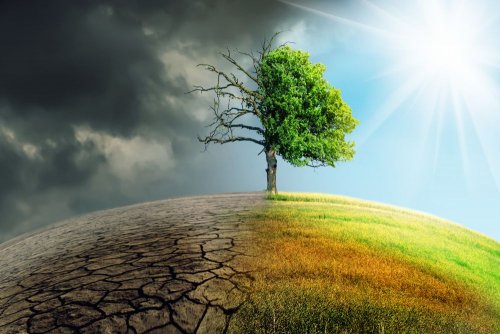India has urged the EU to recognize its own Carbon Credit Trading Scheme (CCTS).
The country is concerned that exports of iron, steel and aluminum will be subject to additional controls under the European Carbon Border Adjustment Mechanism (CBAM), GMK Center reports with reference to The Economic Times.
The issue is expected to be discussed at a meeting on CBAM among senior officials of various Indian ministries, including those responsible for commerce, industry and steel.
According to one of the officials, India is already in talks with the EU regarding the recognition of their certificates, and discussions are ongoing.
As you know, the first stage of CBAM will start on October 1, 2023 with a transition period until December 31, 2025. During this period, importers will only have to report carbon emissions. The implementation of the carbon tax will take place in parallel with the gradual abandonment of free allowances in the ETS emissions trading system (2026-2034). Financial obligations for importers will appear from 2026.
The article highlighted that in April 2023, the Indian government published the draft CCTS, which contains an organizational structure plan. The country aims to give the internal carbon market a concrete form by June. India still needs to discuss issues related to carbon equivalence and pricing, as well as recognition processes for these systems.
According to one of the official sources, India is exploring various options to counter the CBAM, including by raising the issue at the World Trade Organization.
Earlier, EcoPolitic wrote, that in August 2022, India planned to launch a carbon emissions trading market for the main sources of emissions in the energy, steel and cement industries.
As EcoPolitic previously reported, China has asked the EU to justify the introduction of the carbon border adjustment mechanism (CBAM), which will probably lead to a challenge to the carbon tax in the courts of the World Trade Organization.





